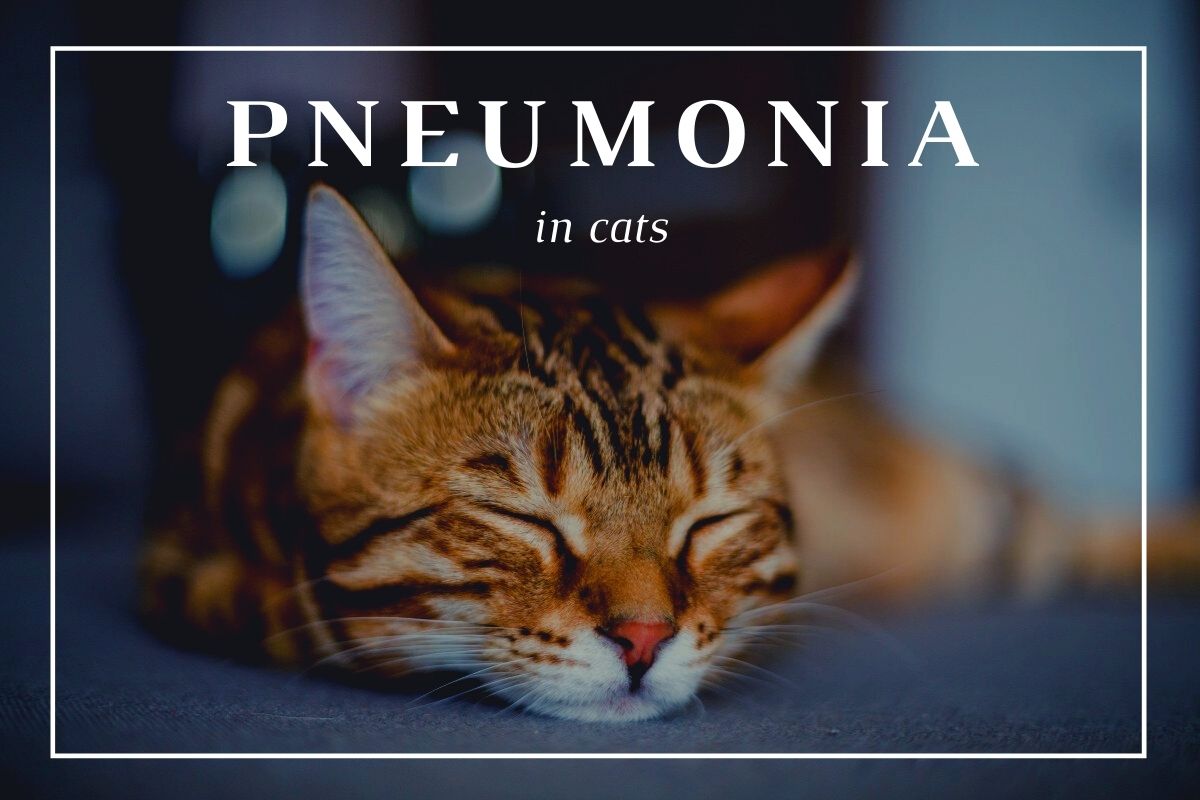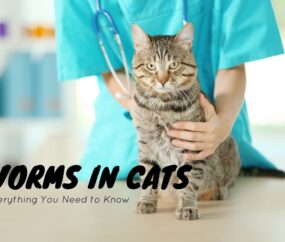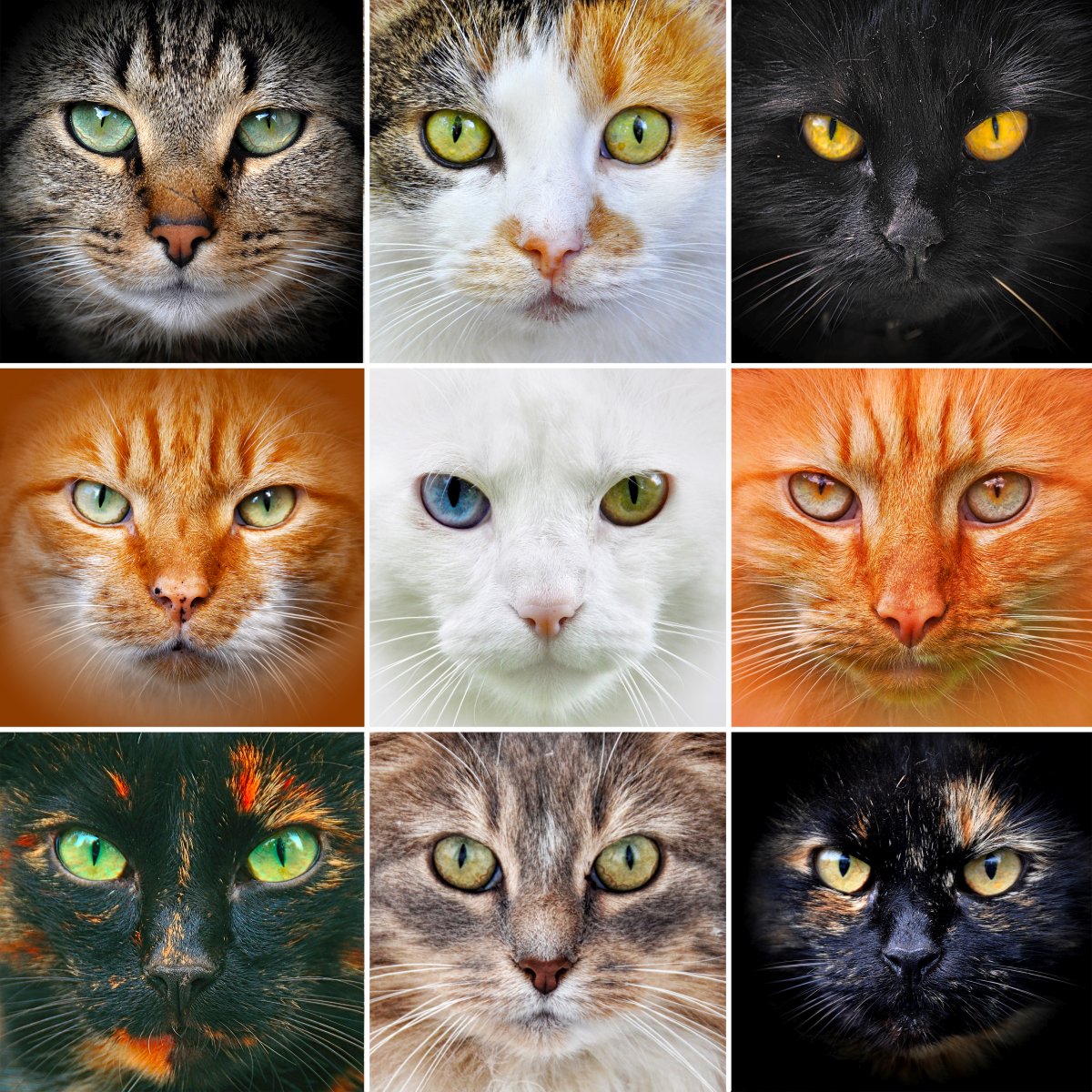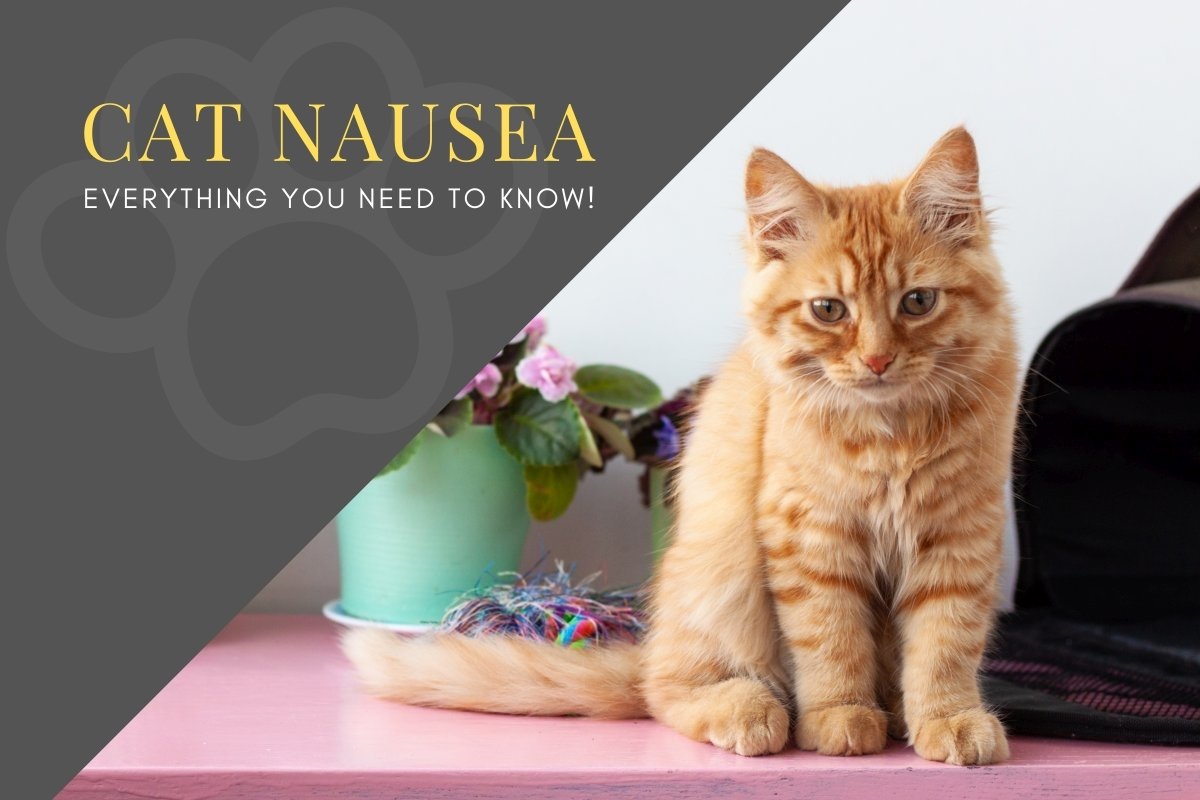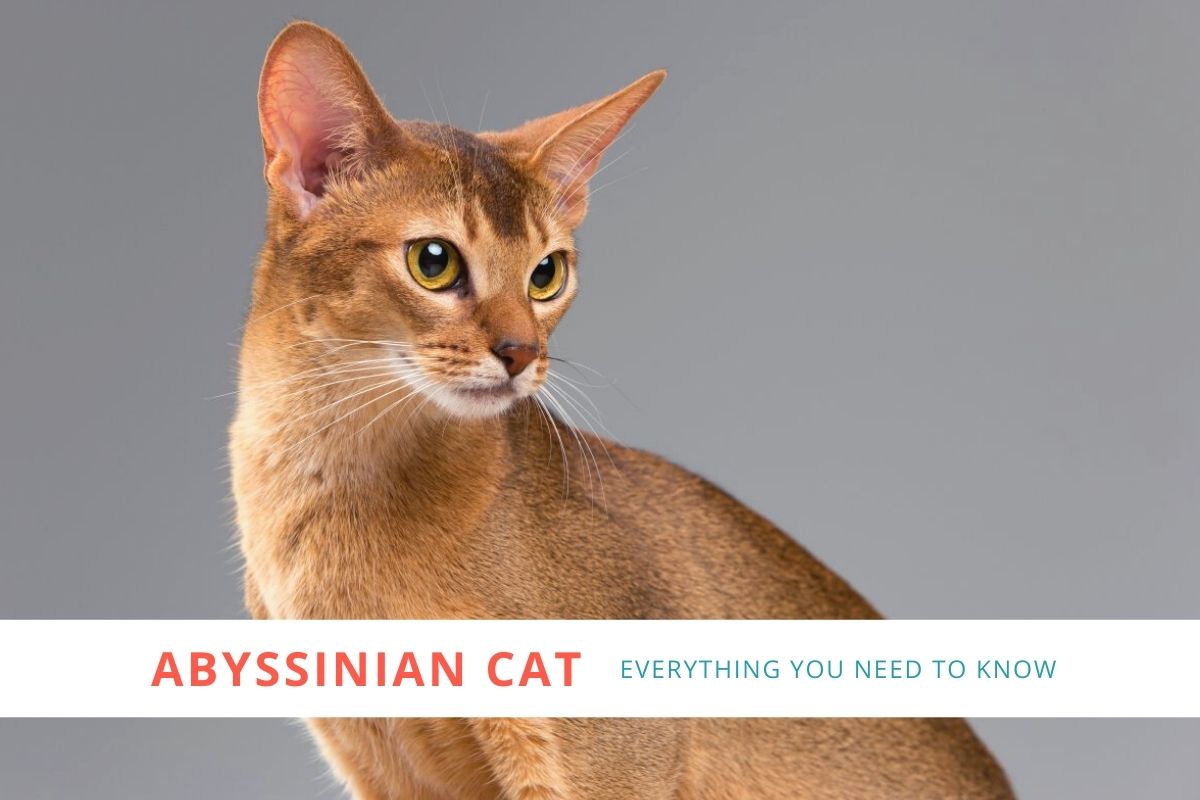Just like us humans, cats can also get sick. Pneumonia in cats can happen due to several reasons, out of which many are very silly. Cats can get sick due to swallowing hairballs or overeating food. However, sometimes it is much more severe, such as if they have been sitting next to a window in the rainy season or don’t have a comfy, warm mat to sleep on in the wintertime.
Pneumonia in Cats – How It Happens
First, let’s start with clearing up what exactly pneumonia in cats is. Pneumonia in cats is when your cat has a virus or bacteria in the tracheal cavity or nostrils, which causes the area to become inflamed or infected. This causes pneumonia in cats.
Catching the Illness
Pneumonia in cats may be due to a virus or bacteria that have infected your cat’s lungs or throat. Your cat may become sick with pneumonia by catching the virus already present in the air. Reason pneumonia in cats happens is that your cat takes in a foreign material or object while breathing, which will lead to inflammation or irritation of the lungs. One common cause of such pneumonia in cats is when cats inhale particles from their vomit after being sick.
Another cause is the wrong administration of liquid medicines. It is common for cat owners to give their cats liquid medicines in the form of droplets. However, any cat owner knows this is quite a tough job unless your cat is a saint. Cats move and jump around a lot. Giving them medicine is very hard because you have to get them to open their mouth, cooperate with you, and take it. But, since most cats tend to be very playful and jumpy or might even be scared to take medicine, they can land in places other than their mouth. If it lands in their nostrils and they breathe the droplets in, you essentially put your cat up for risk of pneumonia.
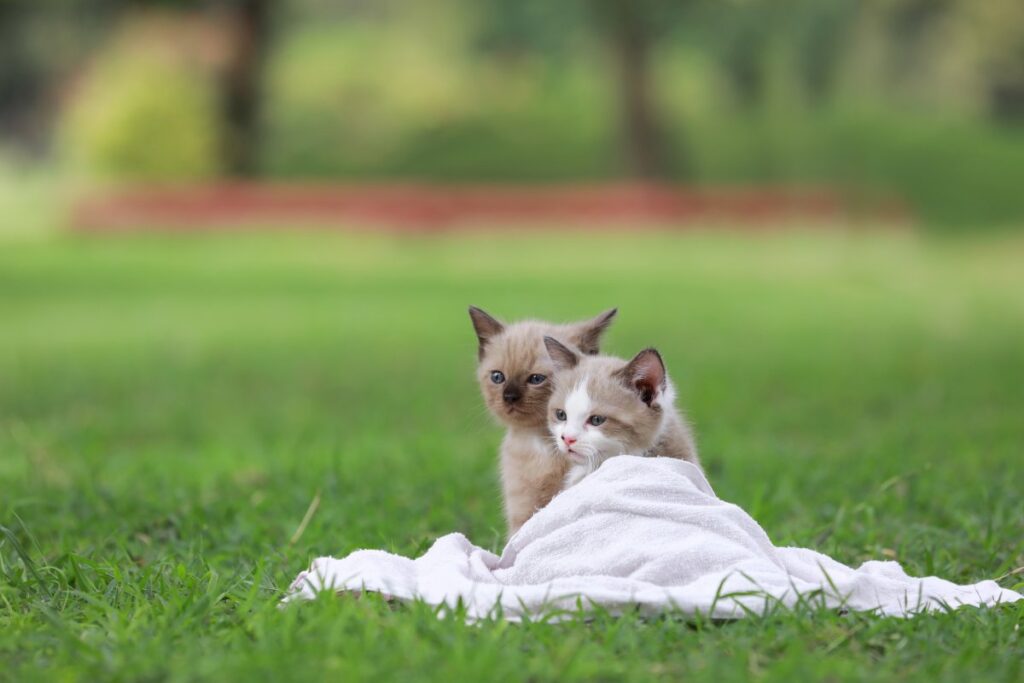
Leaving Your Cat Outside
Outside playtime is very beneficial for your cat, even if he/she is an indoor cat. Studies show that letting your cat outside in nature for a few hours every day has numerous benefits for both you and your cats. Some of the benefits include decreased aggression towards humans, less emotional stress, and greater cognitive and brain development.
However, letting your cat play outside has many risks, so many cat owners do not let their cats outside. If your cat plays in the soil, they risk catching illnesses and viruses. Pneumonia in cats can also be caused when your cat breathes in spores through the soil or air outside. This causes a fungal infection to grow in their lungs and throat, which leads to pneumonia in cats.
What Happens To My Cat When It Has Pneumonia?
Pneumonia in cats can be pretty painful for them, as they may experience breathing difficulties. You may notice this by looking at your cat carefully. Try to notice any change in their breathing. Your cat may be taking irregular breaths or wheezing. Keep an eye out for this.
Due to their breathing difficulties, less oxygen will be supplied to all body parts. Oxygen is a key element to run the body. It keeps the organs strong, regulates blood flow, and allows muscle synthesis. With an oxygen deficiency, your cat’s immune system will likely weaken. This makes your cat more susceptible to catching other diseases and illnesses, leading to other health problems.
Taking Care of Your Cat
Many times, cats do not appear to be sick. You might not be able to tell just from looking at your cat that he or she is sick. It would be best to be extra attentive to your cat when you suspect they may not be doing too well. Pneumonia in cats is not easy to spot – but with the proper guidance, you will be able to tell if your cat is sick.
How to Spot Pneumonia in Cats
As stated before, it is not easy to spot pneumonia in cats. This is because many of their symptoms may coincide with the simple flu. However, it is important to keep your eye out for symptoms such as fever, discharge from the nose, coughing up blood, breathing very fast, loss of appetite, and subsequent rapid weight loss.
In addition to all of these, if your cat is constantly coughing or wheezing, it is good to get them checked out if they have caught pneumonia.
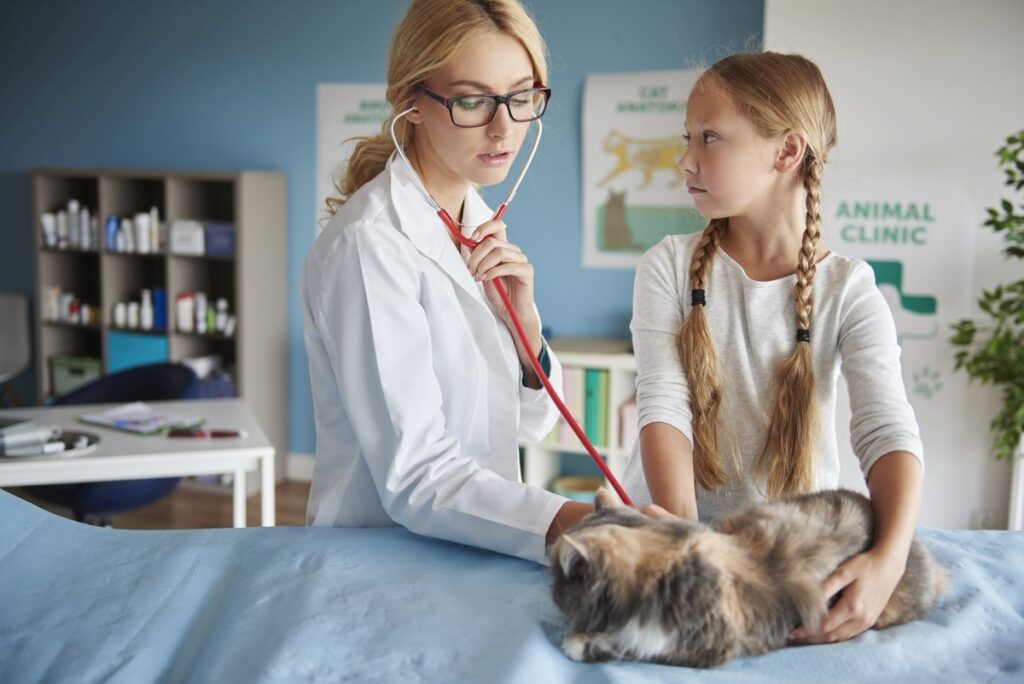
The Path to Recovery
The most crucial step in recovery is first to observe your cat. If it shows any of the signs listed above, it is probably best to take them to the veterinarian to get them checked out. This is a good idea, even if you are not sure if they have pneumonia or not. Once your cat has been diagnosed with pneumonia, your veterinarian will start the treatment as soon as possible.
Your cat will be given a series of medicines to fight off the infection. If your cat has a bad case of pneumonia, you will be asked to leave them with the veterinarian to be monitored, and your vet can administer medicines correctly on time.
Whether you get to take your precious cat home or leave them with the veterinarian depends on the severity of pneumonia in cats. Pneumonia in cats is usually not fatal, but it can be. This is why immediate attention to your cat’s health is paramount.
Pneumonia in cats is a serious illness, and although many cats recover from it, not all do. This depends on your cat’s overall health and age as well. Pay good attention to your cat’s overall health, and try to spot any illnesses early on before they can make your cat too weak.

